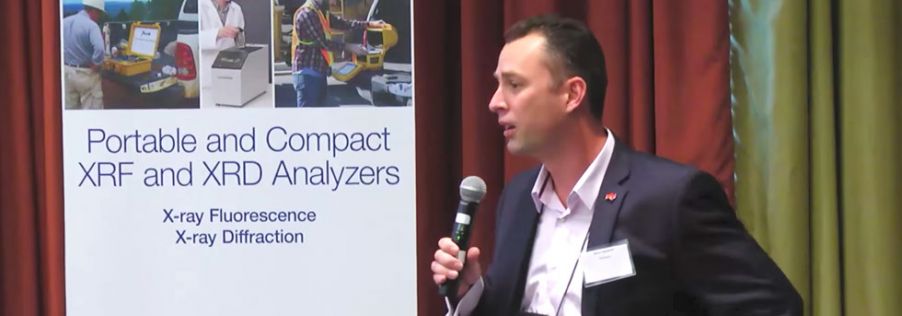In March, Olympus hosted a course highlighting the strengths and weaknesses of pXRF , appropriate QA/QC practices, field sampling methodologies, and operating procedures for the minerals industry. The course featured industry experts and reviewed the most important considerations associated with implementing a successful pXRF program.
Course topics included:
- Large-scale regional soil geochemistry programs and regional mapping
- pXRF on drill cuttings/drill-core and logging
- Lithological discrimination and litho-geochemical applications
- Using pXRF on a wide array of commodity types
- Accuracy and precision of pXRF
- Understanding limits of detection (LOD’s)
- Software, modes, and custom calibrations/calibration refinement
- The “matrix” effect and spectral issues
- Standard operating procedures (SOPs) and fit-for-purpose concepts
- pXRF data management and validation
- Best practice reporting protocols for NI 43-101 and JORC
- Return on investment (ROI)
Catch up on what you missed! View the presentations.
Get In Touch


.jpg?rev=1F32)